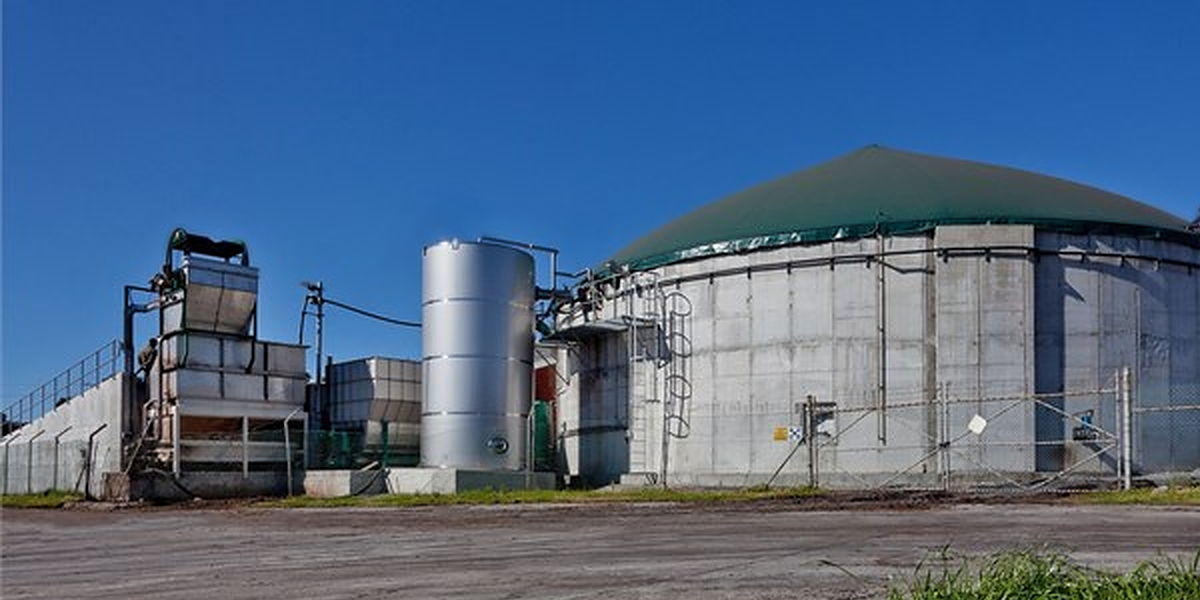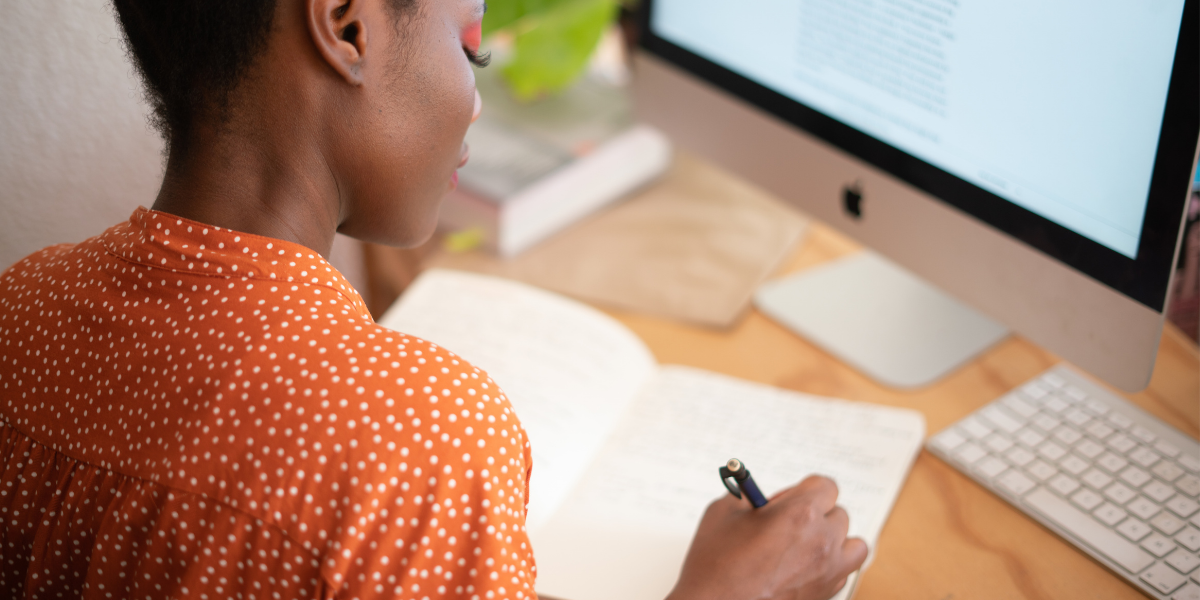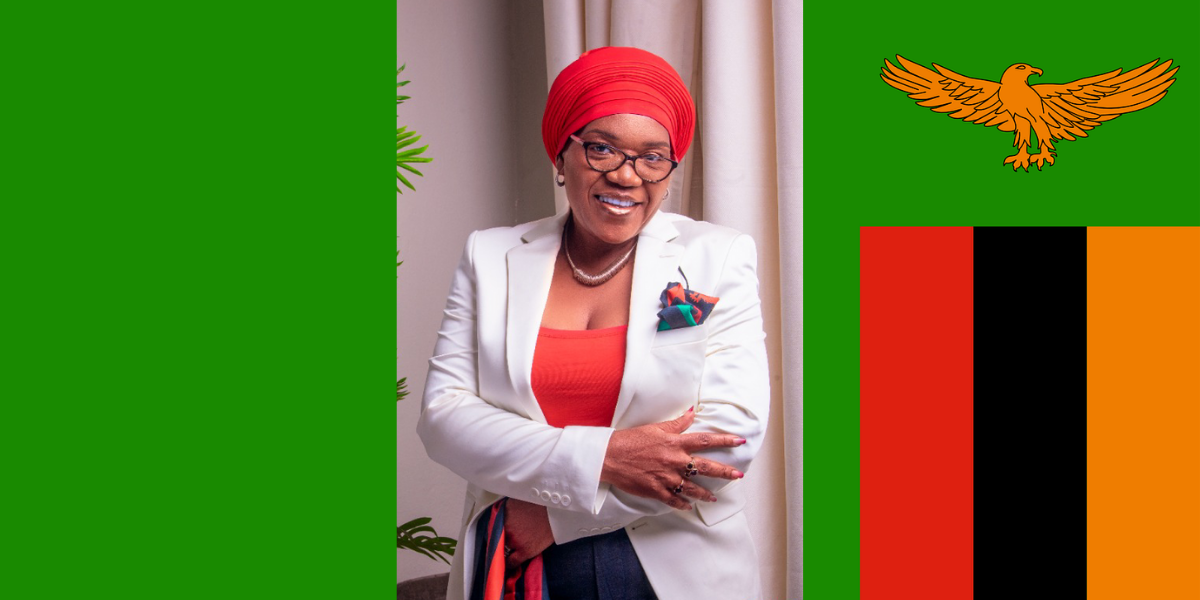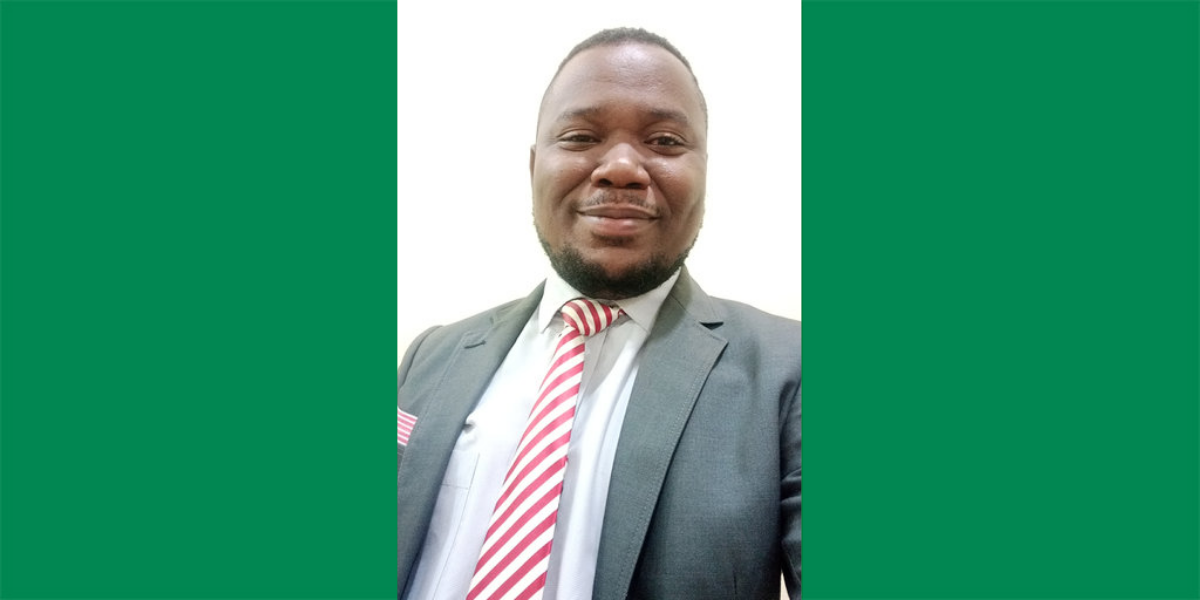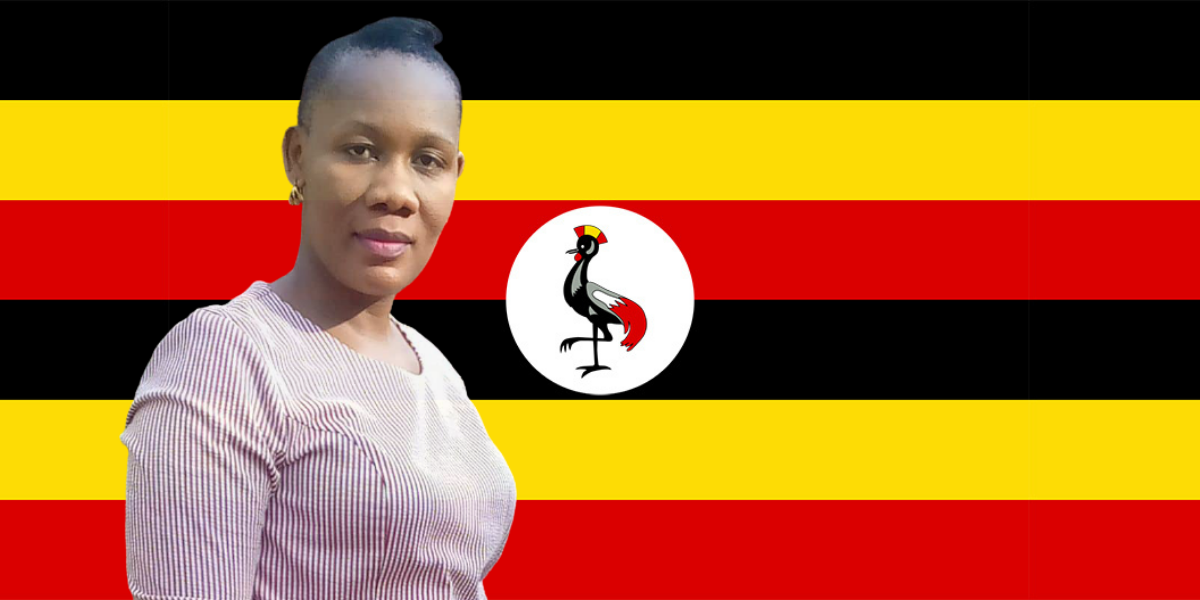
Dr Felly Mugizi Tusiime is a Biodiversity Climate Change & Environment Management specialist with a PhD in Environmental Management. She is the current Head of Climate Change & Environment Sustainability programme at the Africa Innovations Institute (AfrII). Felly has over 18 years of work experience in biodiversity, land degradation-restoration, climate change action and environmental management.
To mark Uganda Independence Day, a national holiday which marks the independence of the country from the United Kingdom on this day in 1962, we recently interviewed Felly to find out a little more about her, her experience with RECIRCULATE and how she will spend the day.
Give us a sense of your current work and affiliations.
As Head of the Climate Change and Environmental Sustainability programme, I oversee and lead the implementation of biodiversity, climate change & environment management activities at AfrII. The Institute works in close partnership with the government`s departments such as the Climate Change Department, Ministry of Water and Environment, Ministry of Energy and Mineral Development, National Environment Management Authority, Ministry of Agriculture Animal Industry and Fisheries, National Forest Authority, Ministry of Works and Transport, Ministry of Trade Industry and Cooperatives, and Ministry of Local Government. In addition we also work with the private sector (industry/business community, SMEs and smallholder farmers), local communities, civil society organisations, universities and research institutions in Uganda and abroad.
How did you hear about the RECIRCULATE project and what has been your experience engaging with the project so far?
I firstly heard about the RECIRCULATE project at a capacity-building workshop which was organised by Lancaster University and AfrII in Kampala. In February 2021 I participated in a RECIRCULATE Knowledge Exchange & Engagement workshop in Botswana and have since been engaged in the various activities of the project.
RECIRCULATE has helped me to appreciate the value of working with diverse stakeholders, the importance of engagement of the end-users, academia, public and private sector for sustainable impactful research. The sharing of knowledge and experiences by the RECIRCULATE partners is very motivating.
How are you celebrating or how will you be celebrating the Uganda Independence Day?
I am celebrating this year’s Independence Day at my private demonstration farm that am establishing based on sustainable agricultural innovations. This farm was inspired to motivate young people to practice climate smart/sustainable agriculture and appreciate agriculture as a business and reliable source of livelihood.
What would you say are the two biggest challenges you face in Uganda in your line of work?
Two biggest challenges I face in Uganda in my line of work are 1) the limited public funds available for research & hence overdependency on external support and 2) the private sector needs a lot more sensitisation and encouragement to invest in research.
Are there opportunities you think can be explored, bearing in mind these challenges you highlighted?
There are some government initiatives such as the innovations funds for supporting research and innovations which if increased would be great. The private sector is willing to support research as long as they are convinced on the benefits. Researchers need to anchor on the public private partnerships for effective and impactful sustainable research.
How can Uganda citizens contribute to the future of the country?
The citizens should know they have the power to take Uganda where they want it to be in the future. We need to have a true spirit of independence, put political differences aside, stop blaming others for the challenges we face and explore practical options of how best to use the available resources and move forward.
Uganda is the pearl of Africa and is gifted by nature. Ugandans should jealously protect this pearl from degradation and sustainably use the gifts that nature provides for improved livelihoods and a better Uganda.
All articles in The FLOW are published under a Creative Commons — Attribution/No derivatives license, for details please read the RECIRCULATE re-publishing guidelines.
